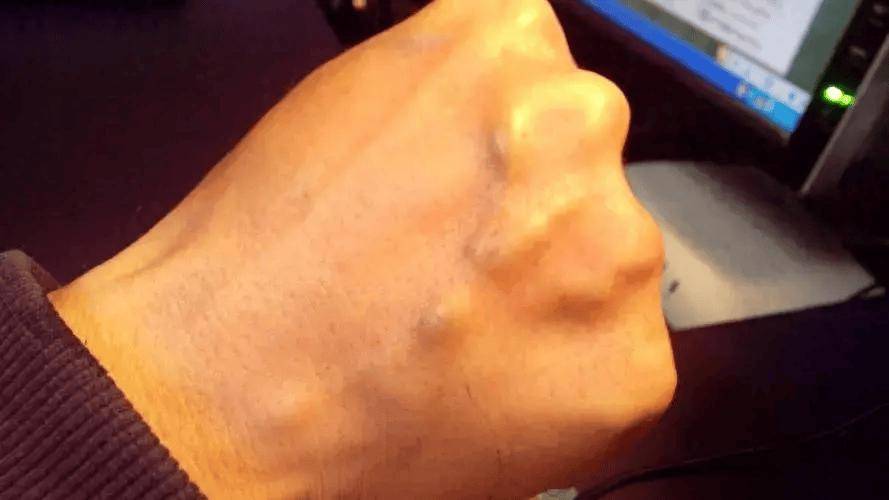Before reading this article, we invite you to click “Follow”, which will facilitate your discussion and sharing, and provide you with more professional health knowledge to escort your health. Thank you for your support.
Many elderly people find various problems with their physical condition as they age, especially the phenomenon of hardening blood vessels becomes more apparent. So why do blood vessels harden, is it just an inevitable result of aging?
Potassium is a very important mineral for the cardiovascular system. It plays a crucial role in maintaining normal cellular function, regulating blood pressure, and keeping the heart and muscles functioning normally.
When the potassium content in the body is insufficient, the elasticity of the blood vessels decreases, and the blood vessel walls gradually become stiff. These stiff blood vessels not only cannot effectively regulate blood pressure but also easily lead to the formation of blood clots. The lack of potassium is actually a potential cause of blood vessel hardening, and this phenomenon is particularly common in the elderly.
For example, an elderly person found that he often felt extremely tired, experienced leg cramps frequently, and even felt abnormal heartbeats. Initially, he thought it was due to fatigue and didn’t pay much attention. Later, he decided to go to the hospital for a comprehensive check-up and found that his potassium level was severely deficient.
Dear readers, it is not easy for authors to write articles, and their income is meager, so they have to insert a short 5-second advertisement in the article for free full access. I know this may be a bit disruptive, but your understanding and support are my greatest motivation! I will strive to bring more high-quality content!
Doctor explained that long-term potassium deficiency not only caused muscle problems but also caused his blood vessels to lose their elasticity, thereby increasing the risk of blood clot formation.
This case illustrates that the balance of potassium elements in the body is crucial for maintaining vascular health. Once symptoms of potassium deficiency appear, the risk of blood vessel hardening and related cardiovascular problems may follow.
Furthermore, inadequate potassium intake in diet is also a fundamental reason for many elderly people’s vascular issues. Low potassium intake makes it difficult to control hypertension. Some elderly people tend to have a salty diet, enjoying pickled foods and fast food.
These foods have very low potassium content but high sodium content. Long-term consumption of these foods can easily lead to potassium deficiency, thus increasing the risk of blood vessel hardening and cardiovascular diseases.
Therefore, preventing blood vessel hardening is not just about monitoring blood pressure but also requires special attention to the potassium intake in the diet. It is recommended that elderly people increase their consumption of potassium-rich foods in their daily diet. These foods not only help maintain normal potassium levels but also help maintain the elasticity and health of blood vessels.
Through these examples and analyses, we can see that blood vessel hardening is not just a simple aging phenomenon; it is closely related to the lack of potassium elements in the body.
And some vascular issues can be prevented in daily life by avoiding certain foods. Although it may not completely prevent vascular hardening, for normal individuals, reducing the consumption of these items can significantly lower the probability of developing diseases.


